News
Launched in 1999 and updated regularly, Statewatch News includes our own reporting and writing as well as articles, announcements, documents and analyses from elsewhere on civil liberties, EU policies and state practices. You can receive updates in your inbox by signing up to our mailing list, or use our RSS feed to get instant alerts.
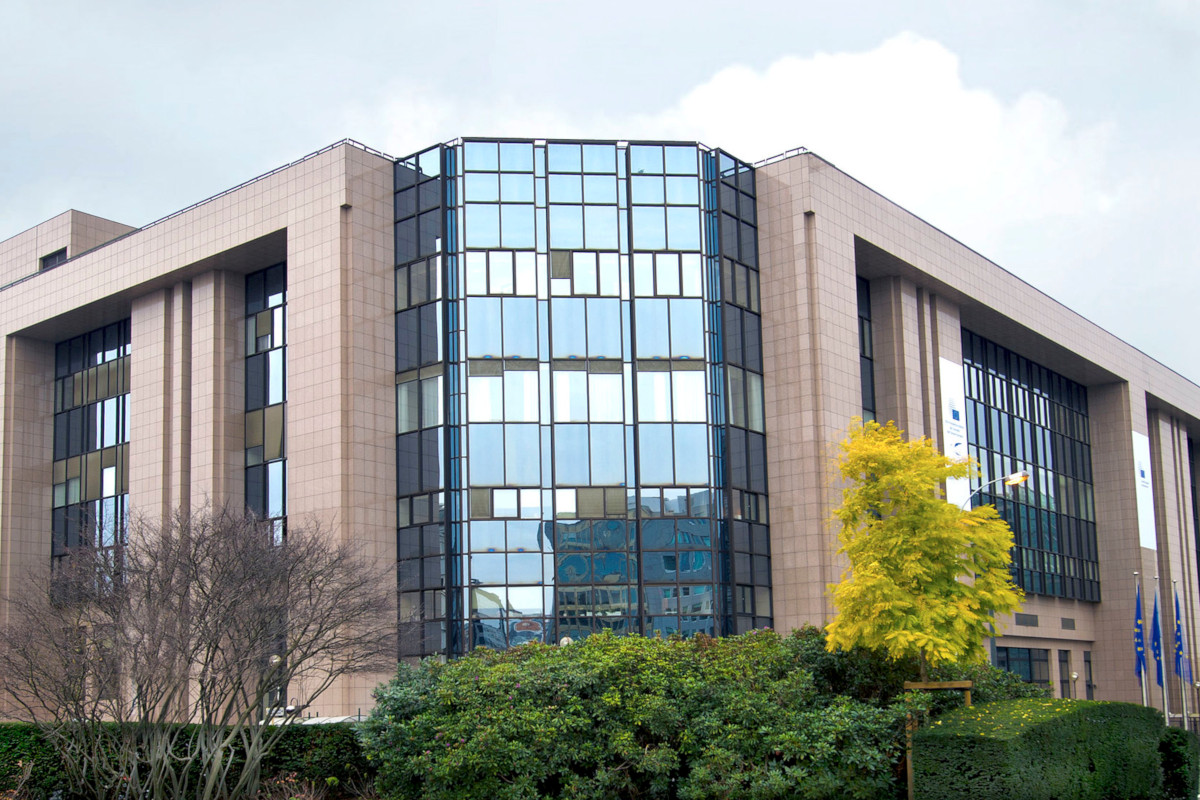
The EU's “new and innovative solution” to migration: pay other countries to intercept people
An EU Council document obtained by Statewatch shows EU policymakers dredging up an old idea - paying non-EU states to intercept and detain irregular migrants - in service of their larger project to prevent irregular migration to Europe.

UN report warns of “existential threat” to civil liberties
Shrinking aid systems and expanding security policies are eroding democratic rights and freedoms, a UN expert warned in a report published last year that received no coverage from mainstream media.

Swiss government urged to rethink mass telecoms surveillance plan
The Swiss government should halt its plans to extend the widespread surveillance of telecommunications, says a letter signed by 19 organisations including Statewatch. The country’s federal government is planning to revise a law that obliges telecoms companies to retain data about users, in case it is of interest to the police. The letter warns this would violate rights, run counter to European jurisprudence, and create huge cybersecurity risks.
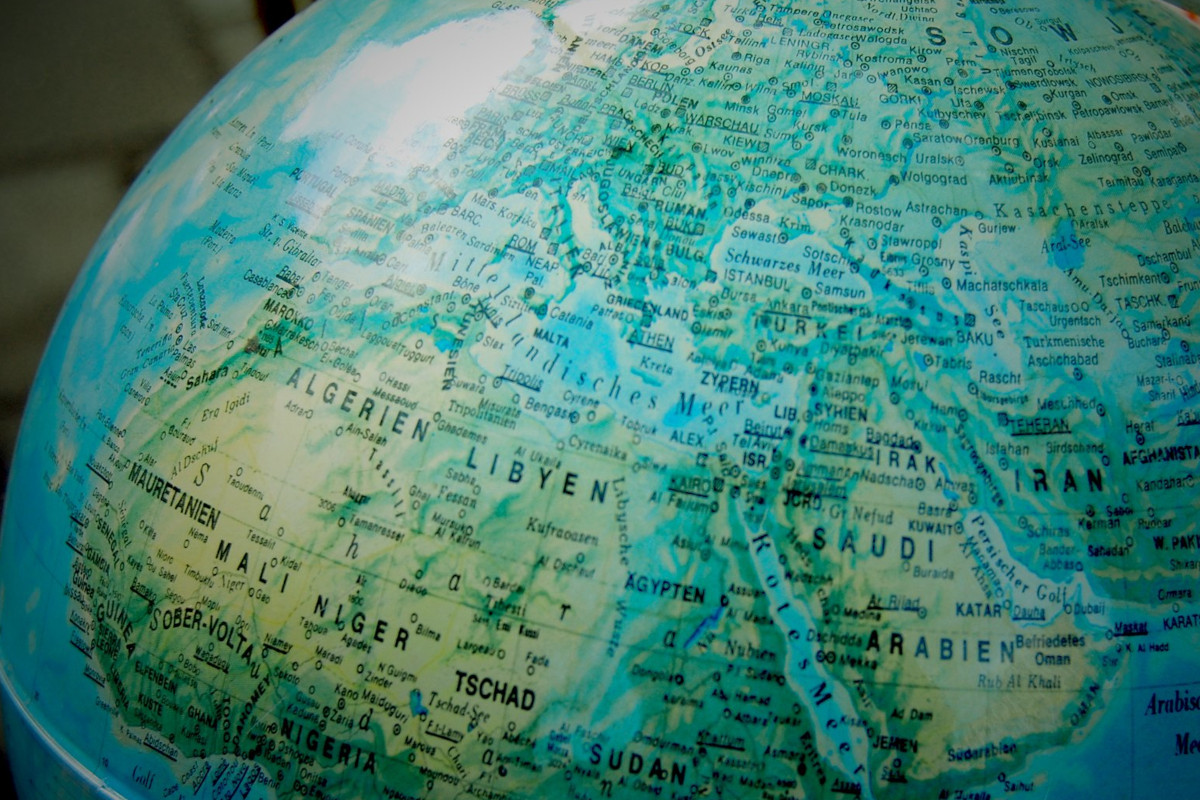
Border externalisation: "new and innovative" solutions for migration control
The latest issue of our bulletin on EU border externalisation policies includes: plans to pay third countries to intercept and detain irregular migrants, an update on visa sanctions as leverage for deportation cooperation, a new EU-funded pullback coordination centre in Eastern Libya and the EU's partnership with the Taliban for deportations

Greece: Criminal law used to target civil society organisations
The Greek government's latest move to stifle the work of civil society groups has been condemned by more than 70 organisations, including Statewatch, as unjust, unlawful and unreasonable.
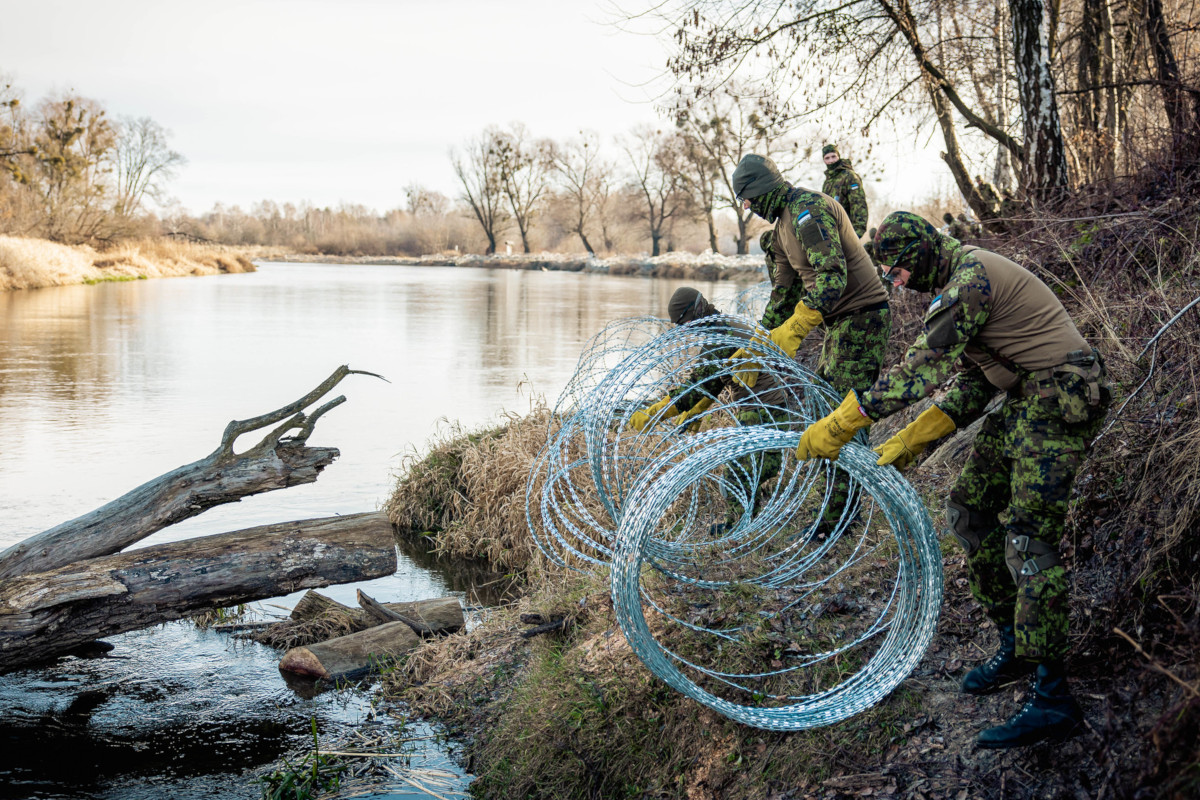
Schengen borders: more deportations, surveillance and militarisation in the works
An internal EU report obtained by Statewatch offers an update on efforts to strengthen border and immigration controls in the Schengen area in the first half of 2025. The report reflects a desire to step up the anti-migrant policy agenda pursued by European policymakers in recent years – more deportations, more surveillance and more militarisation of borders.
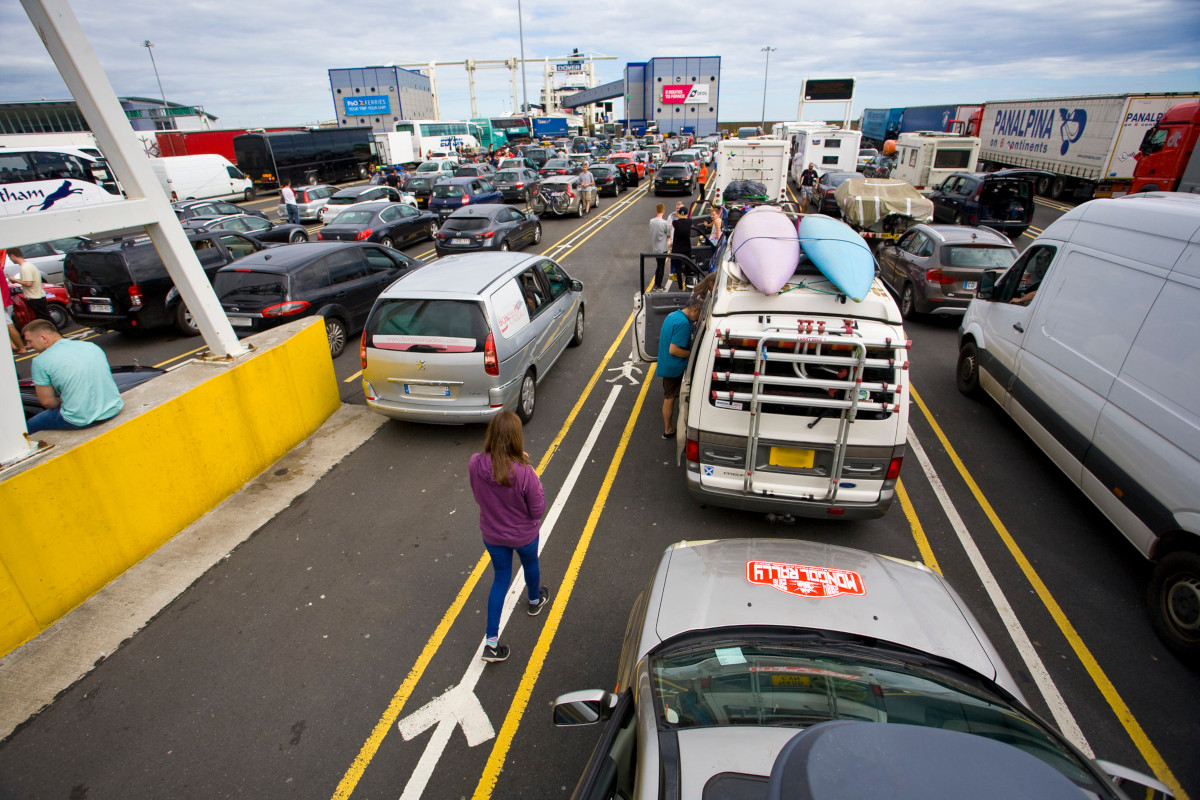
EU member states want to expand police surveillance of travel
In the name of fighting crime and terrorism, EU law requires mandatory police surveillance of international air travel. Governments are now considering surveillance of all other modes of transport, in particular maritime travel. They also want to use data for new purposes, such as immigration control. A working group has been set up to consider new legal proposals.

Prints in politics: cheap, easily replicated and widely accessible
Printmaking is an ideal medium for wide and diverse engagement with art: it is replicable, cheap, and widely accessible. These features have made prints particularly attractive to political activists looking to inspire collective mobilisation. The Statewatch Library & Archive contains a number of examples of the medium, from a wide variety of movements.

EU to increase lethal migration cooperation with Libya
The EU is set to fund migration control infrastructure in the eastern region of Libya, a move that will increase cooperation with general Khalifa Haftar, once a pariah to western states. The plan to extend EU cooperation into eastern Libya comes despite long-standing condemnation of Libyan and EU involvement in human rights abuses, shooting at NGO vessels, and accusations of crimes against humanity.

Reclaiming migration: a call for justice, dignity, and an anti-racist Europe
To mark International Migrants Day more than 40 organisations, including Statewatch, are calling for "a Europe grounded in justice and equality" and "policies that honour dignity and rights of all."

US access to EU citizens’ biometric data: ministers approve EU negotiating mandate
EU ministers have agreed to launch negotiations on an agreement that would grant US border agencies direct access to personal data stored in EU member state databases, and give EU agencies similar access to US data. The US is demanding access to the databases of all states that are part of its Visa Waiver Programme, for “immigration screening and vetting activities.” This is part of a broader plan to massively increase the amount of sensitive data gathered on travellers.

UK: ‘Radio Nick’: a private spy hired by the police
In October, a court case led to the exposure of a private spy who had been hired by the police to infilitrate multiple campaign groups for almost a decade, Nick Gratwick. A new report by the Undercover Research Group documents Gratwick's activities in the late 1990s and early 2000s in detail. The case highlights the lack of laws and regulations governing private intelligence agents.

UK: Joint briefing on the “do not introduce digital ID cards” parliamentary petition debate
In September, the government announced plans for a new digital ID scheme that would be mandatory for ‘right to work’ checks by 2029. A petition against the proposal accrued nearly three million signatures, making it the fourth largest petition in British history and the second largest non-Brexit petition. It highlights problems with: mission creep; privacy; security risks; accuracy; discrimination and exclusion; and fundamental changes in the relationship between the state and the individual.

Border externalisation: radical expansion of Frontex powers in the works
The latest issue of our bulletin on EU border externalisation policies includes: council discussion documents on upcoming Frontex mandate revision; the IOM presents a dire picture for returnees to Afghanistan; and an internal human rights presentation warns the EU is "not there yet"

Documents: EU plans to radically expand border agency's mandate
Two recent European Council documents reveal internal discussions over the potential expansion of Europe's border agency Frontex. One aim is to make it easier for the agency to operate outside EU borders. The discussions come ahead of the expected formal revision of Frontex’s mandate in 2026 and give a glimpse of what member states and the European Commission have in mind for the agency’s role in the EU’s future deportation machine.

Networks of (in)security: how global counter-terrorism and security norms threaten civic space and human rights
Global counter-terrorism and security norms are propelling the introduction of pre-emptive, automated and algorithmic forms of surveillance and profiling, says new research published today by Statewatch. This is reinforcing racism and discrimination, inhibiting free movement, and giving authoritarian states new tools of control. The research calls for an organised response to this long-term state project, and sets out some guiding questions for future work.

UK: Inquiry needed over lack of enforcement against "egregious and repeated data breaches"
More than 70 civil society organisations, academics and data protection experts, including Statewatch, have called for an inquiry into the collapse in enforcement activity by the Information Commissioner’s Office (ICO). The call comes after the ICO failed to launch an investigation after the Ministry of Defence published a spreadsheet containing the details of over 19,000 people fleeing the Taliban in Afghanistan.
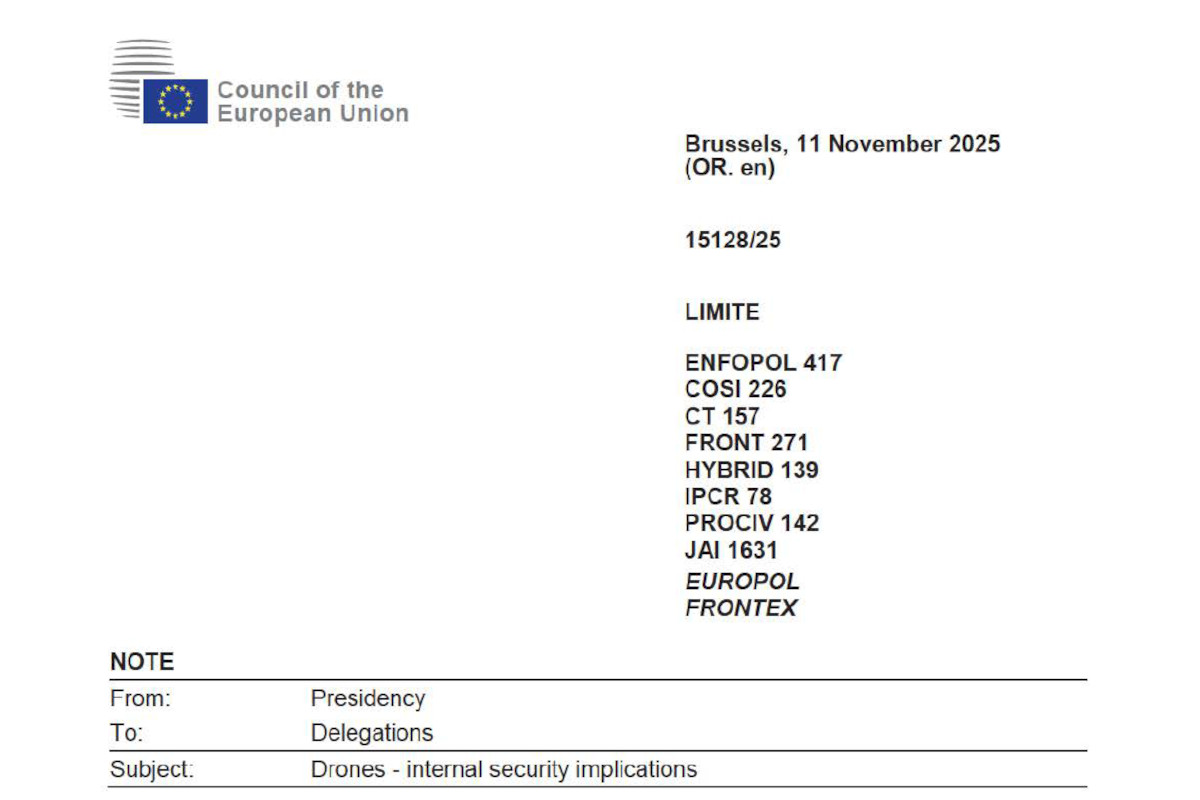
Document: Drones - internal security implications
A document circulated by the Danish presidency of the Council of the EU on 11 November sets out internal security issues raised by the use of drones, and outlines measures being put in place by the EU to try to address the problem. The aim is to prepare a discussion due to take place at the Justice and Home Affairs Council meeting in December.
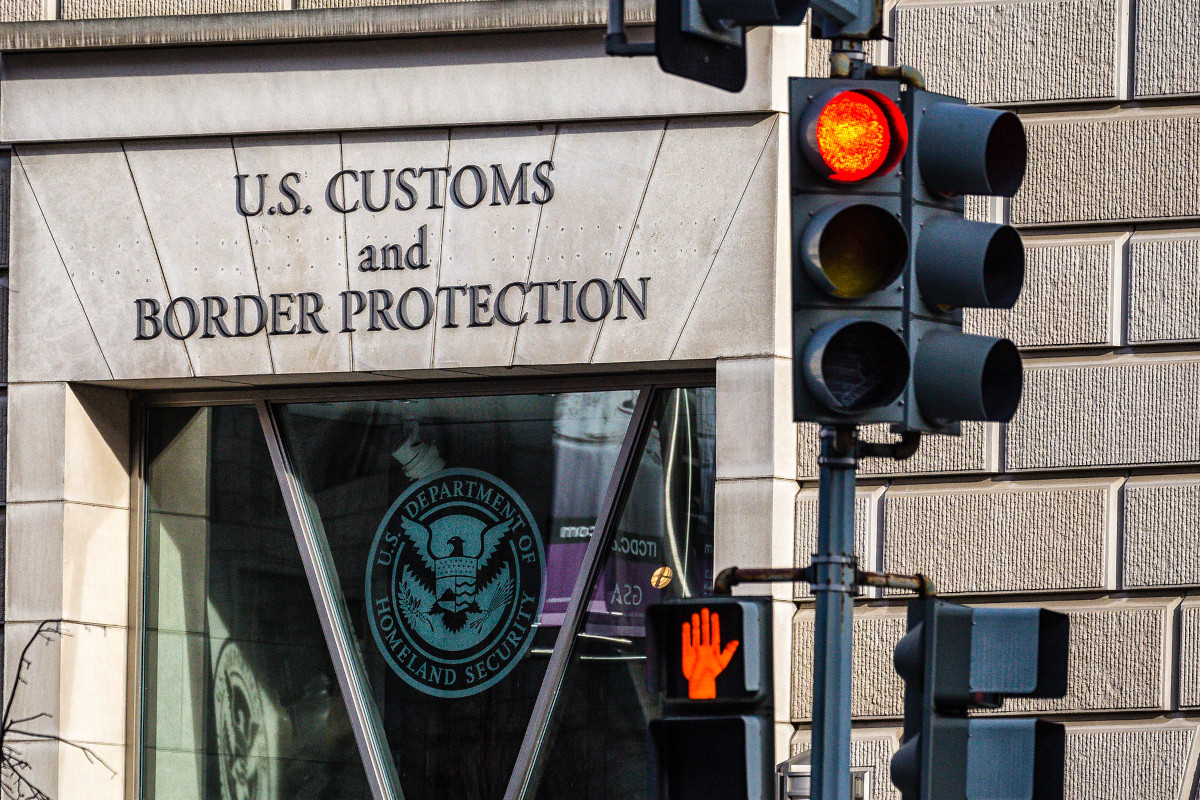
US searching for “security threats” in European data: not a problem for EU member states
US law enforcement authorities want direct access to EU member state police and immigration databases to identify people considered “a threat to US security.” They may also be seeking access to EU databases. Some member states have concerns over timing, the legal basis and data protection requirements, according to a document obtained by Statewatch – but none have any fundamental problems with the proposal.
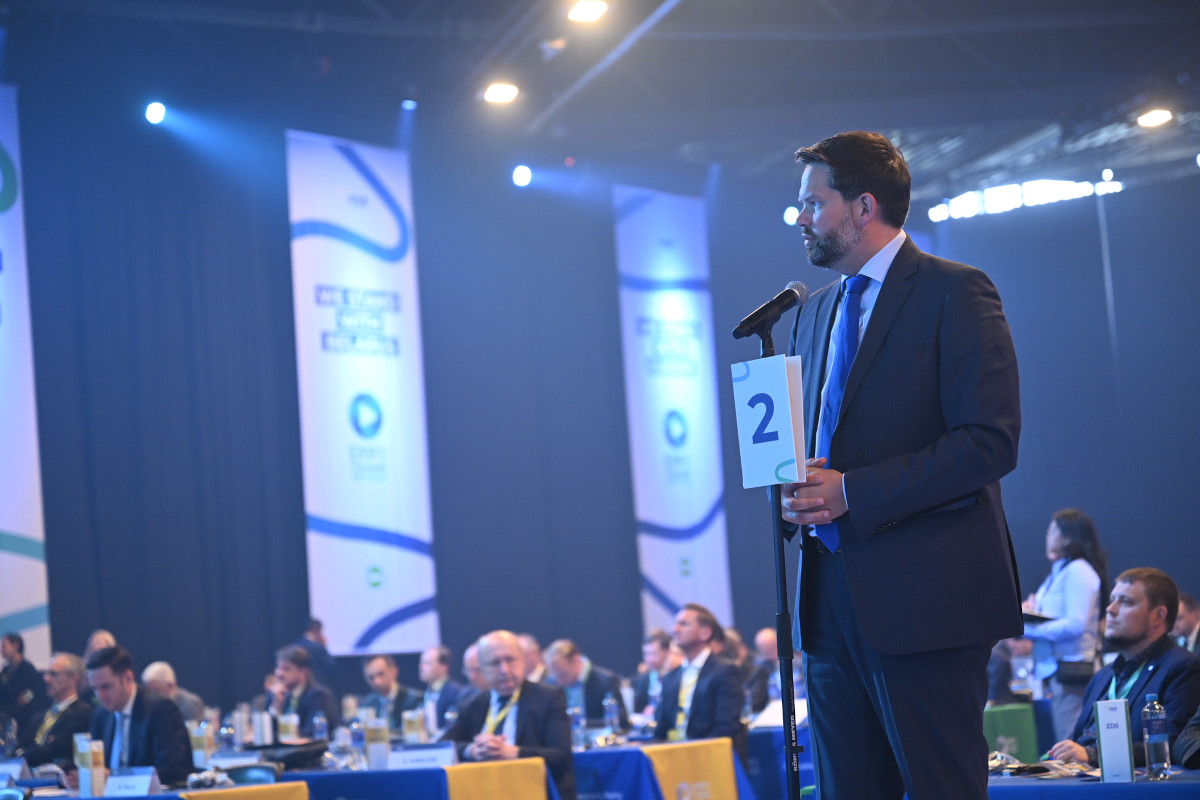
European Parliament: Development committee report pushes to use aid as migration leverage
The European Parliament’s Committee on Development (DEVE) is set to debate a report today that supports using development aid to encourage migration control cooperation by non-EU states.
Spotted an error? If you've spotted a problem with this page, just click once to let us know.